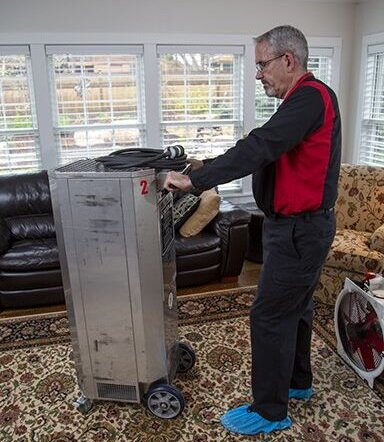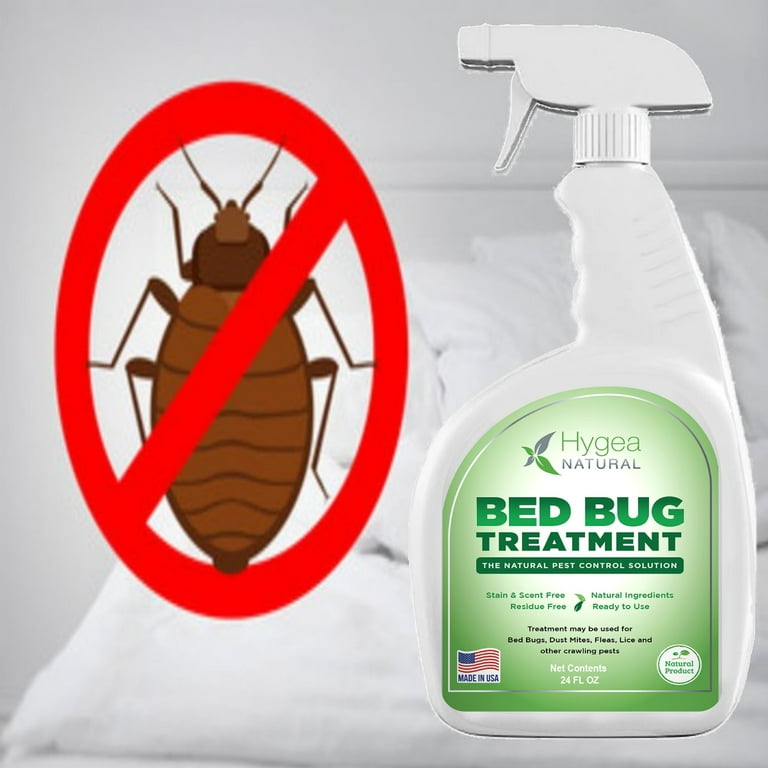Kings Exterminator Cincinnati: Reliable Bug Monitoring
Kings Exterminator Cincinnati: Reliable Bug Monitoring
Blog Article
Sorts Of Insect Control: Which Approach Is Right for Your Problem?
When encountered with an insect problem, the selection of a proper method for parasite control is critical in properly handling the situation. From chemical therapies to biological options, there exists a series of techniques that can be used to attend to different types of parasites. Each technique comes with its very own set of advantages and factors to consider, making the decision-making process a nuanced one. Recognizing the subtleties of each approach and reviewing their compatibility with the certain pest problem at hand is essential for accomplishing long-term success in parasite management. By discovering the various sorts of insect control approaches available, people can make informed choices tailored to their special circumstances, making certain a more lasting and effective outcome in bug eradication.
Chemical Bug Control
Chemical pest control involves making use of artificial or naturally obtained chemicals to take care of and get rid of pest populaces effectively. This approach is typically used in farming, forestry, and property setups to deal with a large range of insects, including rodents, insects, and weeds. Making use of chemical pesticides can give fast and targeted remedies to pest problems, making it a preferred selection for lots of people and services.
One of the essential advantages of chemical pest control is its ability to promptly remove bugs, minimizing the danger of damage to crops, residential property, and human health and wellness. By utilizing particular chemicals that target particular parasites, this approach can successfully manage infestations while minimizing injury to valuable microorganisms and the environment when used appropriately.
Nevertheless, the use of chemical pest control additionally increases concerns concerning prospective adverse results on non-target types, water sources, and human health. It is critical to comply with safety standards, use chemicals responsibly, and take into consideration alternate pest control approaches to reduce these risks and ensure lasting pest monitoring practices.
Organic Insect Control
Biological bug control, also referred to as biocontrol, uses living microorganisms to decrease and take care of insect populaces naturally. This technique harnesses the power of nature to regulate pests without the demand for artificial chemicals. Biocontrol can involve the introduction of natural enemies of the bug types, such as virus, parasites, or predators, to reduce parasite populations. By utilizing the bug's all-natural predators or microorganisms, organic bug control offers a ecologically pleasant and lasting service to pest administration.

Mechanical Bug Control
Utilizing hand-operated and physical approaches to take care of insect populaces, mechanical pest control supplies an alternative approach that does not rely upon making use of living microorganisms or synthetic chemicals. This method involves using barriers, catches, or other devices to literally discourage or eliminate insects. By blocking bug entry factors or establishing up traps to capture them, mechanical pest control can successfully reduce invasions without presenting chemicals right into the atmosphere.
One typical instance of mechanical pest control is the usage of mesh displays on windows and doors to stop insects from going into structures. This simple yet effective technique works as a physical barrier, keeping bugs out while permitting proper ventilation. Furthermore, tools like mousetraps, fly swatters, and ultrasonic repellents drop under the mechanical pest control category.
While mechanical insect control approaches can be labor-intensive and call for normal monitoring and maintenance, they provide a environmentally friendly and sustainable option for taking care of parasite problems. By combining different mechanical techniques, building proprietors can develop a thorough pest control strategy that reduces reliance on chemical pesticides.
Physical Pest Control

Some typical physical pest control techniques consist of using obstacles such as screens or webs to stop bug entry, traps termite inspection service to record and remove bugs, and hand-picking to physically eliminate parasites from plants or structures. Furthermore, techniques like heat therapies can be used to manage parasites like bed bugs by increasing the temperature level to levels that are lethal to the bugs.
Physical parasite control is particularly beneficial in incorporated pest administration (IPM) approaches, where multiple insect control techniques are incorporated for effective Click Here insect administration while decreasing using chemicals. By using physical bug control strategies, people can effectively deal with bug problems with minimal environmental impact.
Integrated Bug Administration
When applying physical pest control methods as part of insect administration methods, Integrated Parasite Monitoring (IPM) arises as an extensive method that leverages numerous strategies to properly regulate pest populaces. IPM concentrates on lasting avoidance of bugs with a mix of biological, cultural, physical, and chemical tools tailored to specific pest issues. By incorporating numerous control techniques, IPM intends to lessen the dangers connected with insects while also reducing dependence on chemical remedies.
One trick element of IPM is the emphasis on monitoring and assessing pest populaces to identify one of the most suitable control techniques. This proactive strategy permits very early intervention and targeted strategies, leading to extra reliable insect management. In addition, IPM advertises ecologically friendly techniques by prioritizing non-chemical control techniques and only making use of chemicals as a last resort.
Conclusion

By utilizing the bug's natural predators or pathogens, biological parasite control supplies a eco pleasant and sustainable option to pest administration. - Kings best pest control cincinnati
Making use of manual and physical methods to take care of bug populations, mechanical parasite control uses an alternate approach that does not count on the use of living organisms or artificial chemicals.An efficient approach to taking care of insect populaces without depending on chemical or biological approaches includes the use of physical bug control techniques.When implementing physical bug control methods as component of insect monitoring methods, Integrated Insect Monitoring (IPM) emerges as a comprehensive strategy that leverages numerous methods to properly manage pest populaces. Chemical insect control entails the use of chemicals, biological insect control uses natural killers, mechanical parasite control includes physical barriers, physical parasite control consists of trapping or getting rid of insects, and incorporated pest administration incorporates multiple techniques for a holistic method to pest control.
Report this page